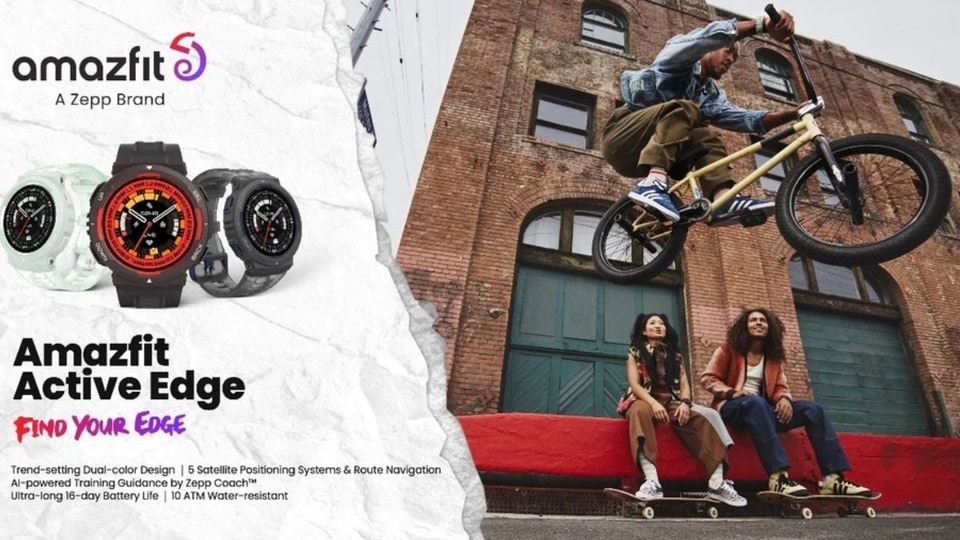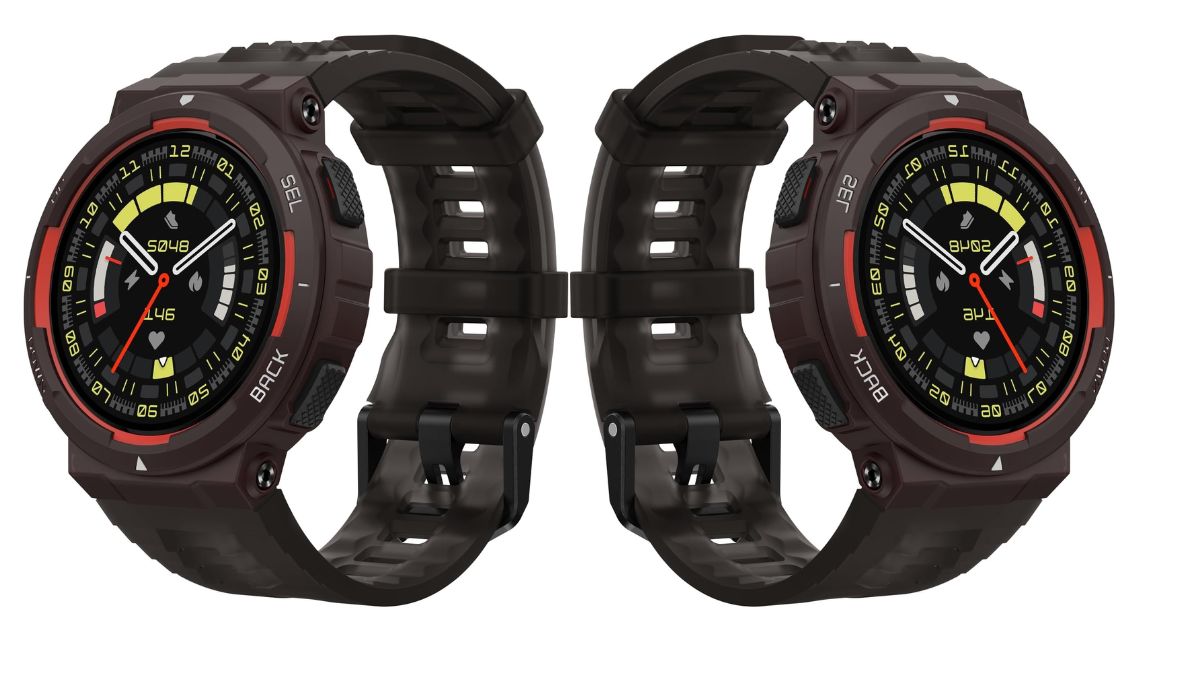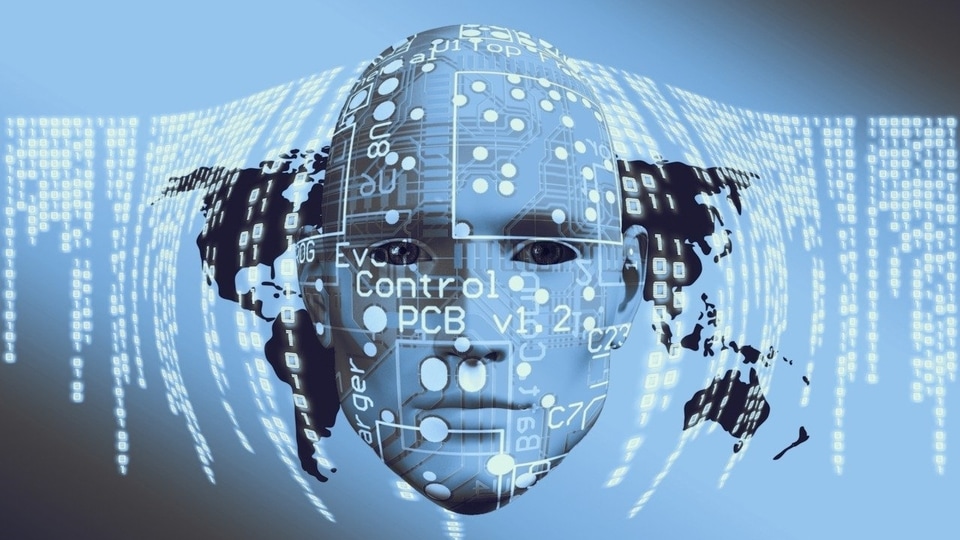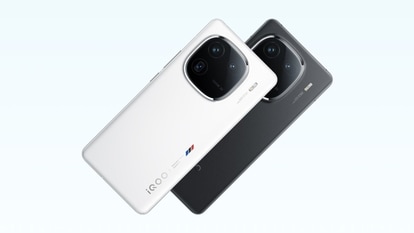AI is trying to predict your death. It's not as scary as it sounds
Although you have to admit, “death calculators” sound cooler than actuarial tables.






 View all Images
View all ImagesWhen headlines recently proclaimed that artificial intelligence can be used to create a “death calculator” that predicts the day you'll die, it sounded like something from a terrifying science fiction story. The reaction showed how readily people believe that AI has magical fortune-telling powers.
The reality was not as far-fetched. The paper that spawned the fracas, in the journal Nature Computational Science, did involve using AI to predict death, but it wasn't very precise. Using both economic and health data on thousands of people in Denmark, an AI-based system was able to predict with about 78% accuracy which people would die within the next four years.
The algorithms used to create actuarial tables already do this kind of statistical forecasting, but the new system, called life2vec, is more accurate and works in a completely different way. The lead author on the paper, University of Copenhagen complexity science professor Sune Lehmann, said life2vec predicts life events much the way ChatGPT predicts words.
The findings matter not because they might create a scarily accurate “death calculator,” but because of how the forecasts could be used. Such algorithms could be used for ill — to discriminate or deny people health care or insurance. Or they could be used for good, by highlighting factors that affect lifespan and helping people live longer. Or they might improve lifespan calculations, which some people use to plan their retirements.
It was “wild to see how the results were misrepresented,” Lehmann said. “People said this AI can predict the second you will die with incredible accuracy.” This is because people don't understand the technology yet, and as science fiction legend Arthur F. Clark has said, any sufficiently advanced technology will be indistinguishable from magic.
At the same time, hospitals are incorporating AI to do all sorts of jobs. Will doctors and hospital administrators put too much faith in the decisions or forecasts of AI because it's fast and sounds confident? Can the medical system use AI responsibly if people have unrealistic or magical ideas about what it can do?
Lehmann said his work in this area is aimed at testing the powers of prediction for all kinds of life events, including job changes, income changes and moving. He's looking for a more coherent scientific understanding of the way algorithms can predict complex phenomena. Often their workings are treated as a mysterious black box. The researchers didn't choose death out of any morbid preoccupation but because it's something that's precisely measured and recorded.
In groups of young people, the question is too easy — you'll be mostly correct if you predicted that nobody dies over the next four years. And predicting death within one year isn't too hard — you'd just have to know who was sickest. The further out you go, the harder the future is to predict, until you get far enough ahead that almost everyone will have died.
At this stage, then, AI isn't likely to surprise anyone about their life expectancy. If you're healthy and not extremely old, it will predict you'll live more than four years. It can't foresee that you'll get in a freak accident, or predict whether you'll die in 10, 15 or 20 years, said Andrew Beam, a professor of biomedical informatics at Harvard Medical School.
He said there's a risk that AI could prompt humans to be misled by authority bias: “If you think someone is smarter than you or has access to information that you don't have, there's a real tendency to turn off critical thinking and believe anything that comes out — whether it's a person or an AI.”
ChatGPT is good at synthesizing information, but it's not very selective and will fold in bad studies and flawed information. “So, if you're in an area where the science is unsettled or the human knowledge is just not there yet,” he said, “ChatGPT is going to be just as bad if not worse than a person.”
Predicting a healthy person's long-off death is just science fiction, he said: “We need to be careful when we're asking it to do things that are still clearly sci-fi.”
Sometimes fiction can provide a reality check by reminding us that our actions influence the future — even in cases of life and death. Consider what happened in the classic Charles Dickens story A Christmas Carol. The Ghost of Christmas Future gave Ebenezer Scrooge a terrifying preview of loneliness, grief and death. Scrooge then asks a smart, critical question: “Are these the shadows of the things that Will be, or are they shadows of things that May be, only?”
If the reporters trying to scare people with life2vac had asked that question, they would have gotten the same answer Scrooge did from the ghost: Of course our actions can change the future. A forecast doesn't seal our fate in stone.
This new system reinforces what other studies have shown — that income and job type can affect the length of your life. Being poor and having a job where others have power over you is correlated with premature death. It's something Dickens recognized long ago. Maybe AI can turn this general observation into poignant real-life scenarios that will motivate modern-day Scrooges to address the inequalities that shorten so many lives.
Catch all the Latest Tech News, Mobile News, Laptop News, Gaming news, Wearables News , How To News, also keep up with us on Whatsapp channel,Twitter, Facebook, Google News, and Instagram. For our latest videos, subscribe to our YouTube channel.

























